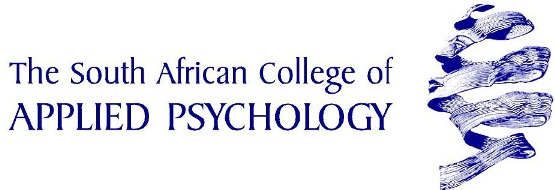Module Purpose:
This module introduces a somatic approach to counselling and coaching. This complements the counselling/coaching skills acquired in other modules, broadening the student’s competency. The main focus is working with individuals. There is also basic introduction to applying this approach to working in different contexts in which counselling and/or coaching skills can be utilized, such as with couples and groups of different kinds. The module also focuses on personal development of the student in terms of skill and professional attitude needed to provide professional counselling/coaching services from a somatic perspective. Students are provided with opportunities through study and practice, to develop the skills and knowledge necessary for their role as a counsellor and/or coach integrating or specializing in a somatic approach. This module integrates Western approaches to Somatic Psychology with Eastern approaches to mind-body health and well-being, applied to counselling and coaching.
Content:
The content of this module is to introduce somatic counselling and coaching skills in theory and practice. Content covers the following:
Introduction to somatic counselling and coaching, including definitions, historical roots, pioneer figures (historic and current) and current applications including traditional psychological influence.
- Somatic counselling and coaching skills including listening and reflection skills: body and movement-based awareness practices; body and movement-based skills for enhancing effectiveness in action, self-expression and sense of life fulfilment.
- Introduction to a framework for somatic counselling/coaching work, including application to structure a single session and to overall process of starting, maintaining and terminating/closing work with clients.
- Assessment, programme-planning, goal –setting and record keeping from a somatic perspective. Included here is training in presenting a case study report.
- Developmental perspectives in somatic counselling and coaching.
- Movement/dance in counselling and coaching.
- Creative process in counselling and coaching, using dance/movement as tool.
- Working with imagery, metaphor and dreams.
- Skills for working with specific conditions/applications, including mild shock and trauma. Pain management, grief and loss, anger management, working with conflict or resistance in counselling or coaching, HIV/AIDS support work and more. Included here is education about appropriate referral.
- Application to different contexts including working with individuals, couples and different kinds of groups. Diversity and cultural issues are addressed here.
- Ethics in somatic counselling and coaching.
- Peer supervision using/incorporating somatic approach.
- Self-assessment of strengths and challenges.
- Evaluation/integration of feedback from clients, peers, and supervisor (in this case feedback from peer supervisor and class facilitator)
Outcomes:
The learner will be able to:
- Demonstrate competency in applying body-based option/s for personal health promotion and stress management.
- Demonstrate competency in somatic skills for listening, reflection and cultivating presence in the counselling/coaching role.
- Demonstrate skill in applying movement/dance in counselling/coaching. Included here is skill in the application of movement/dance as creative or expressive medium.
- Demonstrate ability to facilitate a process of change/transformation involving somatic skills in counselling and coaching with ability to apply this work to short and longer term contexts.
- Demonstrate awareness of different approaches to somatic counselling and coaching and evolve a unique integration of this material into a personal theoretical and practical orientation for somatic counselling and coaching.
- Demonstrate awareness of scope of practice and basic diversity issues (e.g. cultural factors) in working with a somatic approach.
- Establish somatic counselling/coaching goals, programme plans and ongoing assessment strategies. This includes maintaining client records.
- Knowledge of when to refer clients.
- Demonstrate awareness of ethics in somatic counselling and coaching.
- Demonstrate ability to incorporate a somatic approach in peer-supervision.


No comments:
Post a Comment
Note: Only a member of this blog may post a comment.